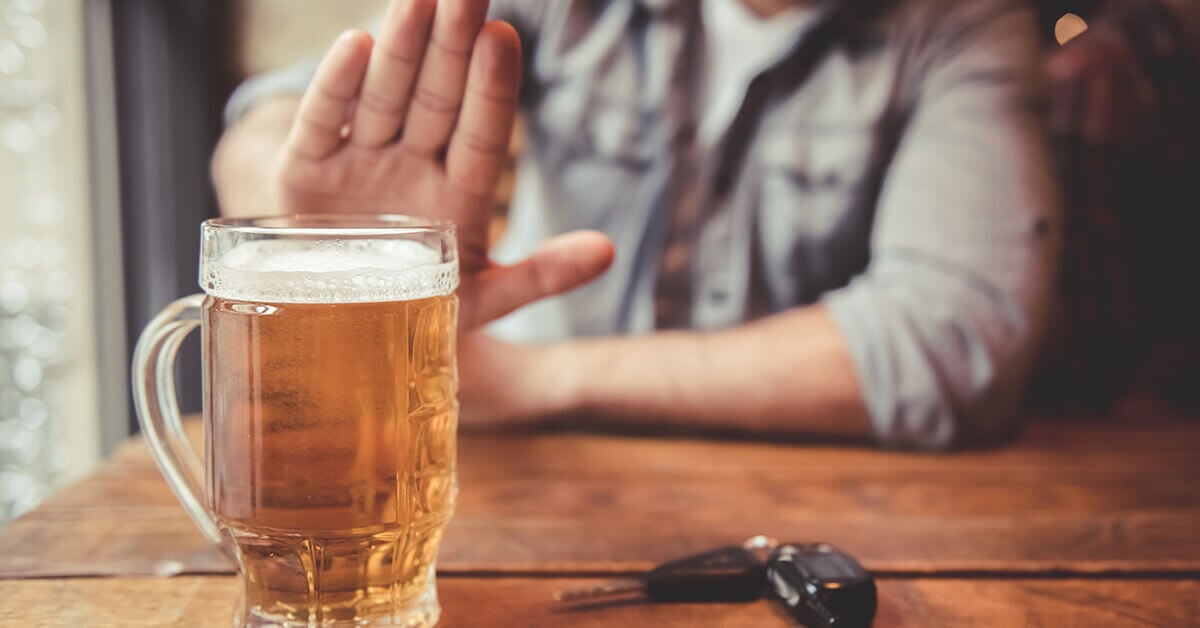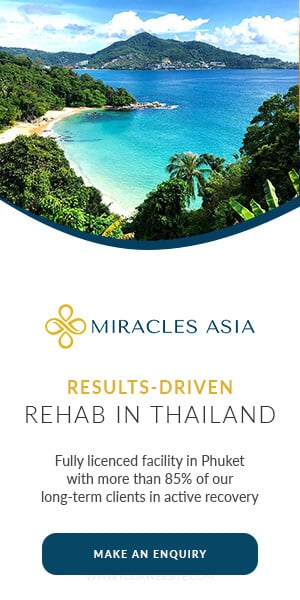The Miracles Asia News Feed

Help For Veterans Struggling With PTSD & Addiction
My name is Michael Pugh, and I am an honorably discharged U.S. Army combat veteran.
I served on active duty for several enlistments with the 3rd Infantry and 82nd Airborne Divisions, as well as a platoon sergeant in the 4/160 Infantry California National Guard, where I graduated from many schools, including Airborne, Jumpmaster, Jungle Warfare, and Ranger Schools.
During my service, I amassed a distinguished record and am a highly decorated soldier.
After being discharged, I studied at San Diego State University, where I was awarded a merit scholarship at Oxford University, England.

Finding The Perfect Christmas Gift for Recovering Alcoholics: Tips and Ideas for Supporting Sober Living
Christmas is the season of giving, but finding the perfect present for someone in recovery can be challenging. When you're looking for gift ideas suitable for recovering alcoholics, it's important to choose items that support their sobriety and overall well-being. In this article, we'll explore different gift ideas that can help your loved one stay on the path to sobriety.
Books for Inspiration and Motivation
Books are a great way to inspire and continue to motivate someone in recovery. Reading about other people's struggles and success stories can help your loved one feel less alone and more determined to stay sober.

Alcoholism vs Alcohol Abuse - What Is The Difference?
Do you know the difference between alcohol abuse and alcoholism? If not, you're not alone. Many people do not understand the difference between these two terms. In fact, some people use them interchangeably, while others don't even know that there is a difference at all.
But, there's a clear distinction between them, and it's important to know what that difference is. This can help you identify when someone can't stop drinking and needs treatment for alcohol abuse, even if that someone is you.
Let's look at what each term means and how they're different from one another.








